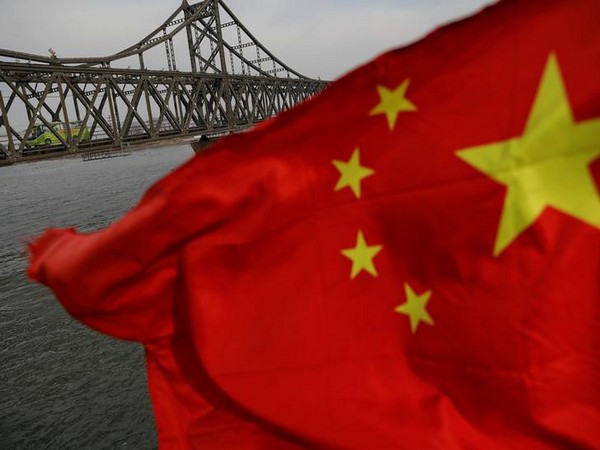The threats from China extend beyond spy balloons and TikTok; the country is now targeting your credit cards.
For anyone who thought the threat from China was waning, the events of the last month have brought them back to the reality that there is a real national security threat across the Pacific, wrote Jianli Yang in The Washington Times.
China continues to expand its surveillance operations beyond its borders. First, it was TikTok and Huawei. Now, it’s floating balloons to spy on Americans in full view.
Since the Dodd-Frank financial reform law was passed in 2010, an under-the-radar company called UnionPay has been processing debit card transactions in the US thanks to a provision in the bill referred to as “the Durbin Amendment.”
UnionPay was created by China’s central bank in 2002 and is funded by the government. The 2010 law required banks to include alternative networks, including UnionPay, as options for merchants to process debit card transactions.
Now, despite the wave of spy balloons being shot down by the American military, the same people pushing the debit card policy want to do the same thing to the credit card market, said Jianli.
Giant corporations including Amazon, Walmart, Home Depot. Target and Kroger have teamed up with some US lawmakers to push legislation allowing UnionPay to process your credit card transactions.
This is highly concerning. Lawmakers on both sides of the aisle have expressed concern that the social media app TikTok is collecting users’ personal data and information on China’s behalf.
Yet the same lawmakers are not batting an eye at the thought of millions of credit card users’ personal financial information being sent to a Chinese government-owned payment processing firm under orders from the US government, reported The Washington Times.
UnionPay was founded when the State Council created a national payment system for mainland China. If TikTok, a supposed “private” company, is spying on Americans, is there any doubt that a state-owned entity is doing the same for the Chinese Communist Party’s benefit?
It shouldn’t be a shock that the same multinational corporations pushing this law have a deep relationship with China and a vested interest in policies that benefit our strategic competitor. For example, Walmart has been in China for nearly 30 years and has operated hundreds of stores there,” said Jianli.

